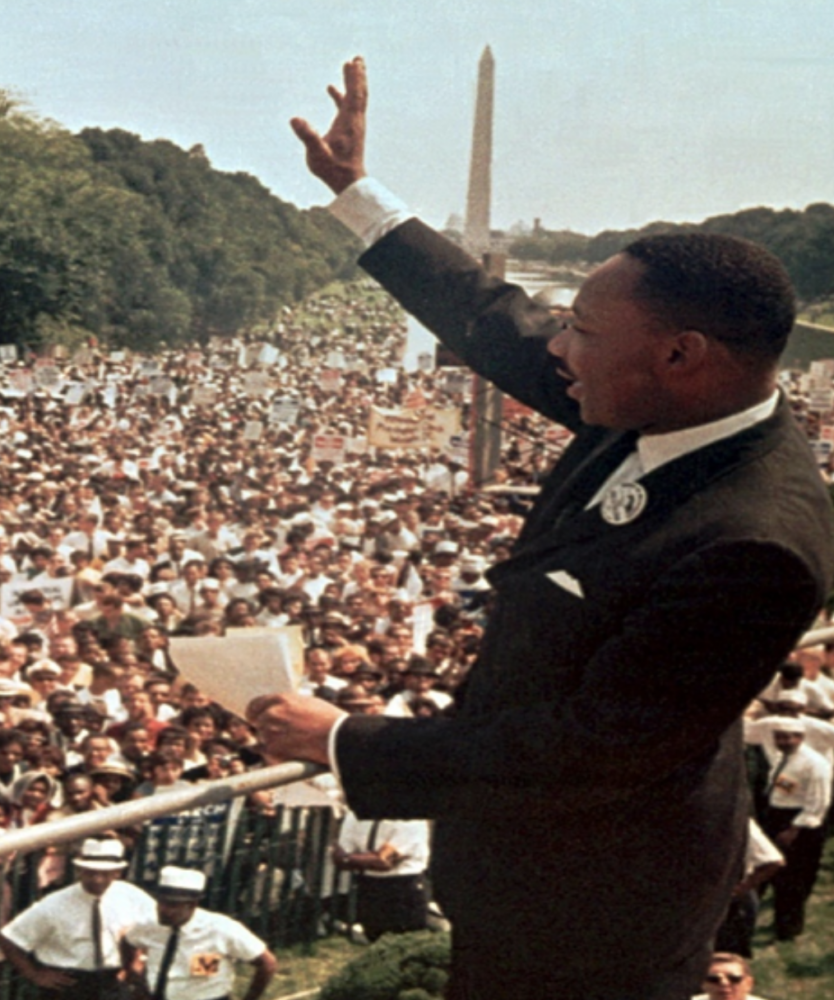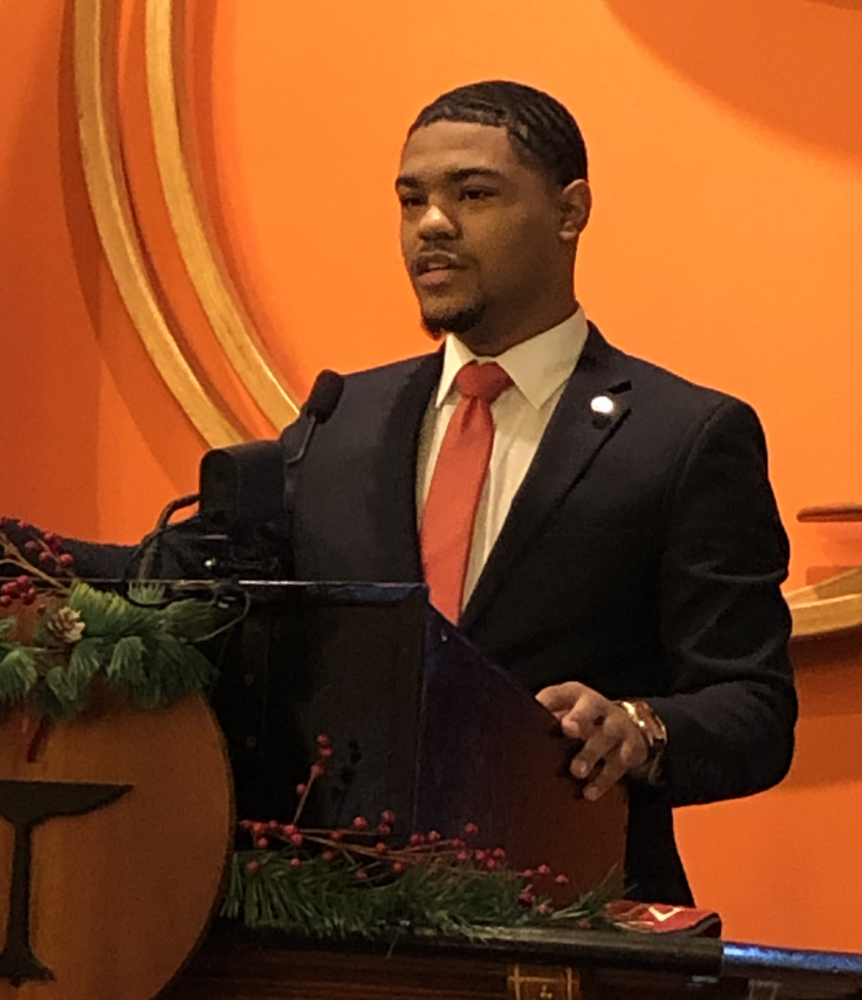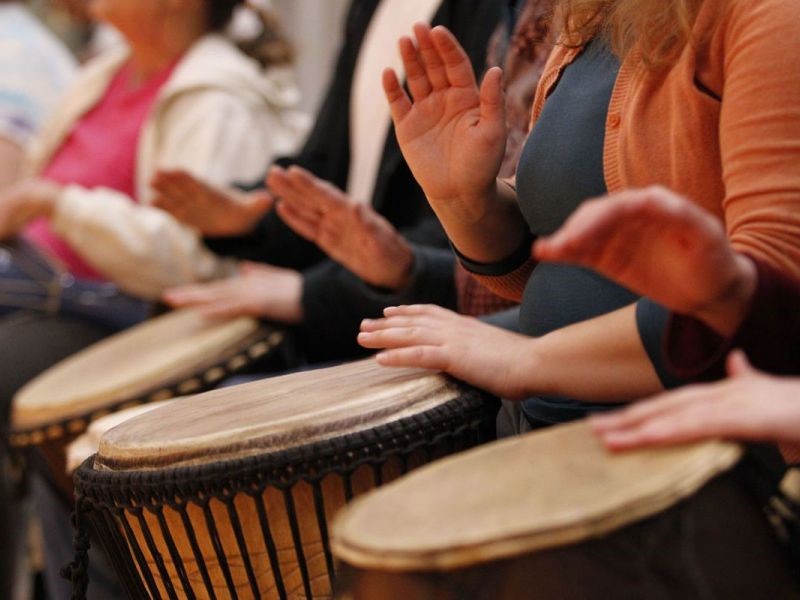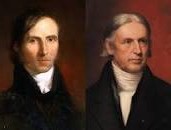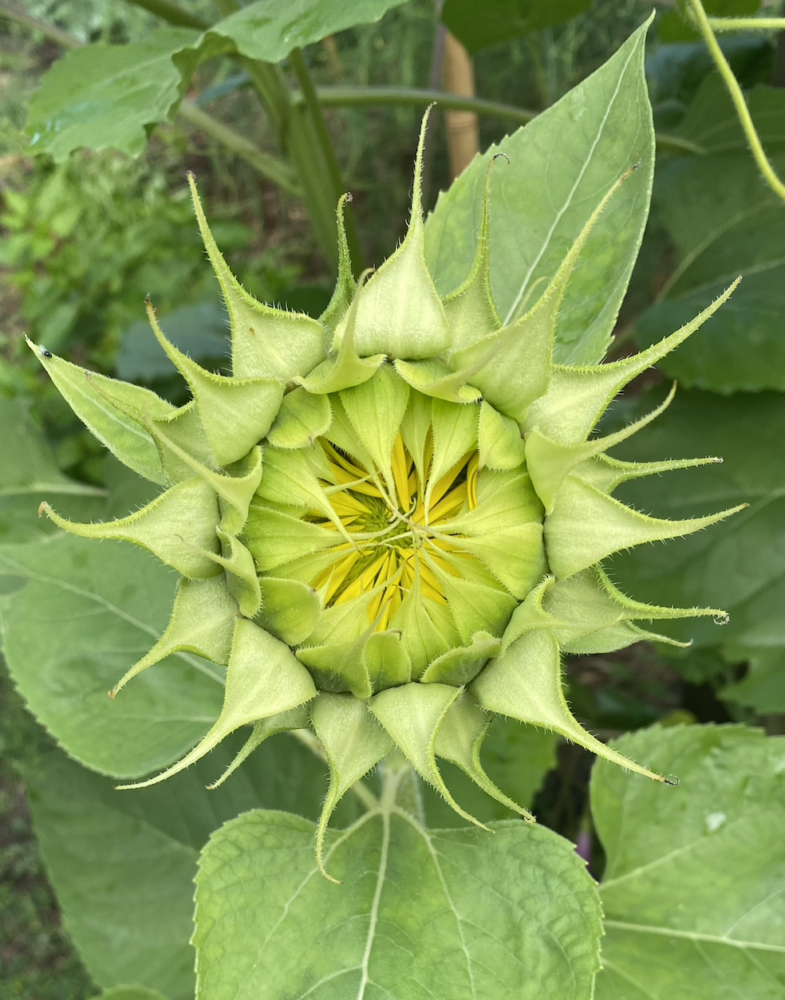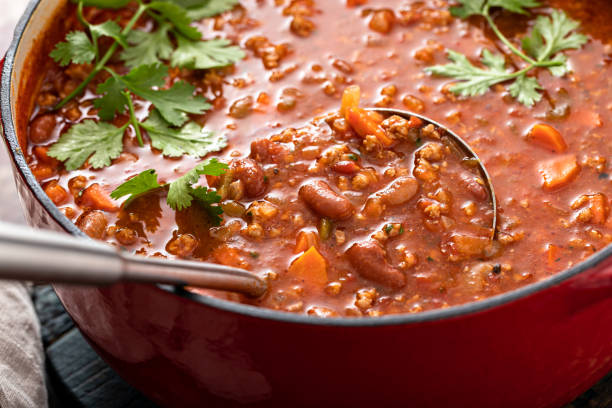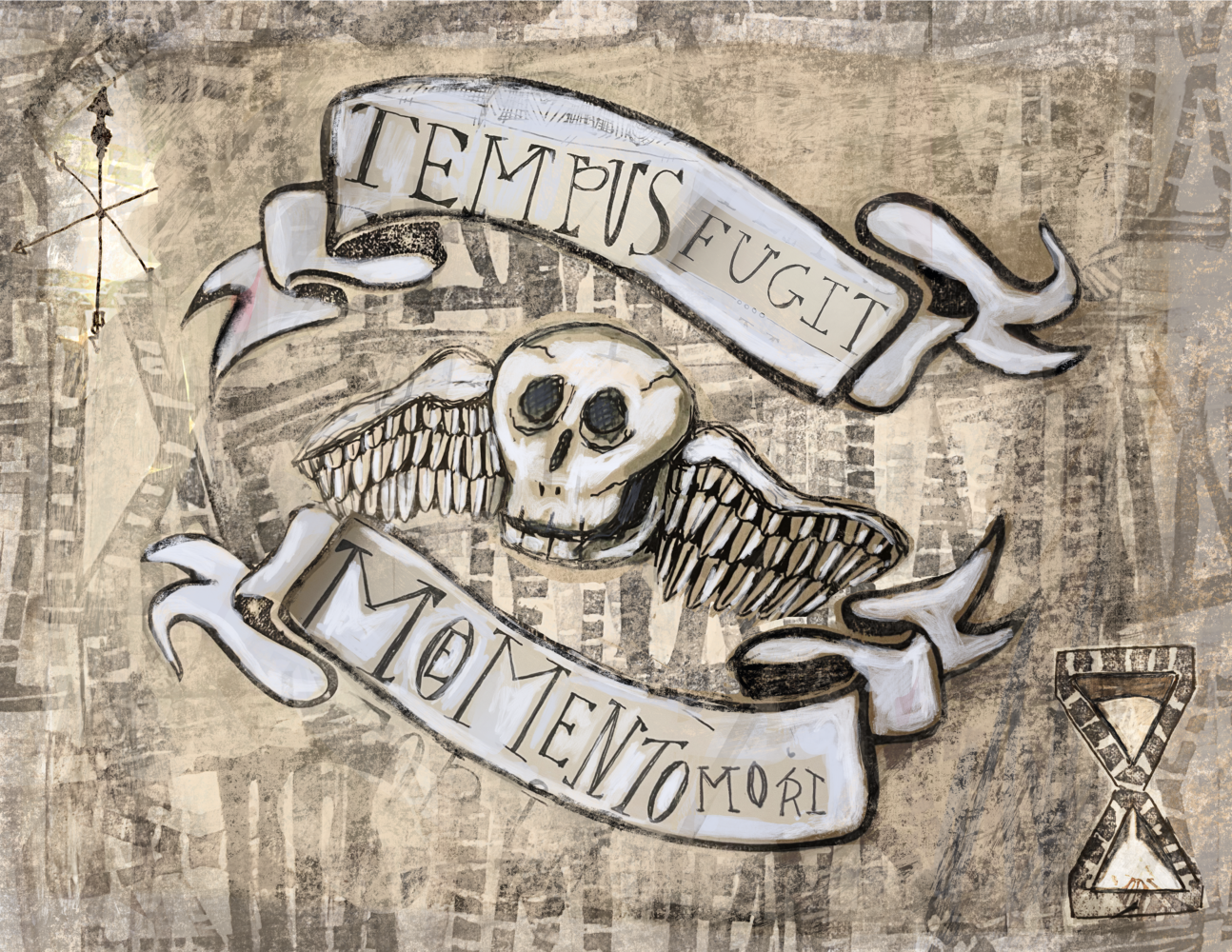The following article was published in the Herald Palladium’s January 26th Insights column. Thank you, Rev. Jim McConnell, for this submission.
 The words in the title for this column form one of the of the most famous quotes in the English language. They were spoken by Dr. Martin Luther King, Jr. at the Dexter Avenue Baptist Church, in 1967, in Montgomery Alabama. What did Dr. King mean? What follows is my opinion.
The words in the title for this column form one of the of the most famous quotes in the English language. They were spoken by Dr. Martin Luther King, Jr. at the Dexter Avenue Baptist Church, in 1967, in Montgomery Alabama. What did Dr. King mean? What follows is my opinion.
Hate is addictive. It is a powerful narcotic. It is the crack-cocaine of emotions. When we hate our psychological burden is lifted and unfairly placed on the other. Hate is the projection, on to someone else, the darkness that is rightly ours to bear. It feels good to hate, at least temporarily. To mangle Karl Marx a bit: Hate is a powerful opiate. Unfortunately, there are some that are cunning enough to capitalize on the narcotic effects of hate to garner power and wealth. They tell vile lies. They sow seeds of dissension. They give their junky followers scapegoats to bear their burdens of darkness. You could be a scapegoat if you are a Jew, a Muslim, a fundamentalist religionist, or a black or brown person. You could be branded as a lib-tard or a deplorable.
When we are scape-goated we badly want to return hate for hate. When we imbibe in the narcotic of hate, we like any other addict, are on to a ruinous path that will destroy our mental and physical health and eventually result in death. Hate, like any other addiction, can corrode our souls and diminish our health so completely that one of the side effects is death. The antidote, according to Dr. King, is love. Only love can save us, save our nations, and our planet. Now, here, as my grandmother used to say, is ’the kicker.’ The potential to hate is innate to being human. And the only way that it can be defeated is to accept that it is a reality of our existence and keep it in full spiritual view. When we keep our capacity to hate in full view and meet it in ourselves with love, we de-potentiate it. Exposing the darkness of hate to love transforms it and it becomes love itself. This is the one small area where I am in disagreement with Dr. King. He said, “only love can drive out hate.” Hate cannot be driven out. The potential to hate is innate to our natures. It is a component of our life energy. Hate can, however, be transformed by love. To paraphrase the author of the Gospel of John, found in the Christian scriptures, “When the light shines in the darkness, the darkness becomes the light.”
In a passage from his Dexter Avenue sermon Dr. King said, “I love you. I would rather die than hate you.” And I am foolish enough to believe that through the power of our love somewhere, men of the most recalcitrant bent will be transformed. And then we will be in God’s kingdom. We will be able to matriculate into the university of eternal life because we had the power to love our enemies, to bless those persons that cursed us, to even decide to be good to those persons who hate us, and to pray for those persons who persecute us.”
I have stood before the platform, in Nuremberg, where Adolf Hitler stood during his Nazi rallies. Where he enticed a nation into the dark evils of hatred and destruction that incited a World War that left millions dead.
Conversely, I have stood at the feet of the Lincoln Memorial, the place where Dr. King gave his “I Have a Dream” speech. Where he gave us a vision of a just world, inspired us to always strive for the good, and showed us that only love is powerful enough to overcome hatred and violence. Out of these two experiences comes a question. On which ground are we going to stand, on the ground of hate or the ground of love?



